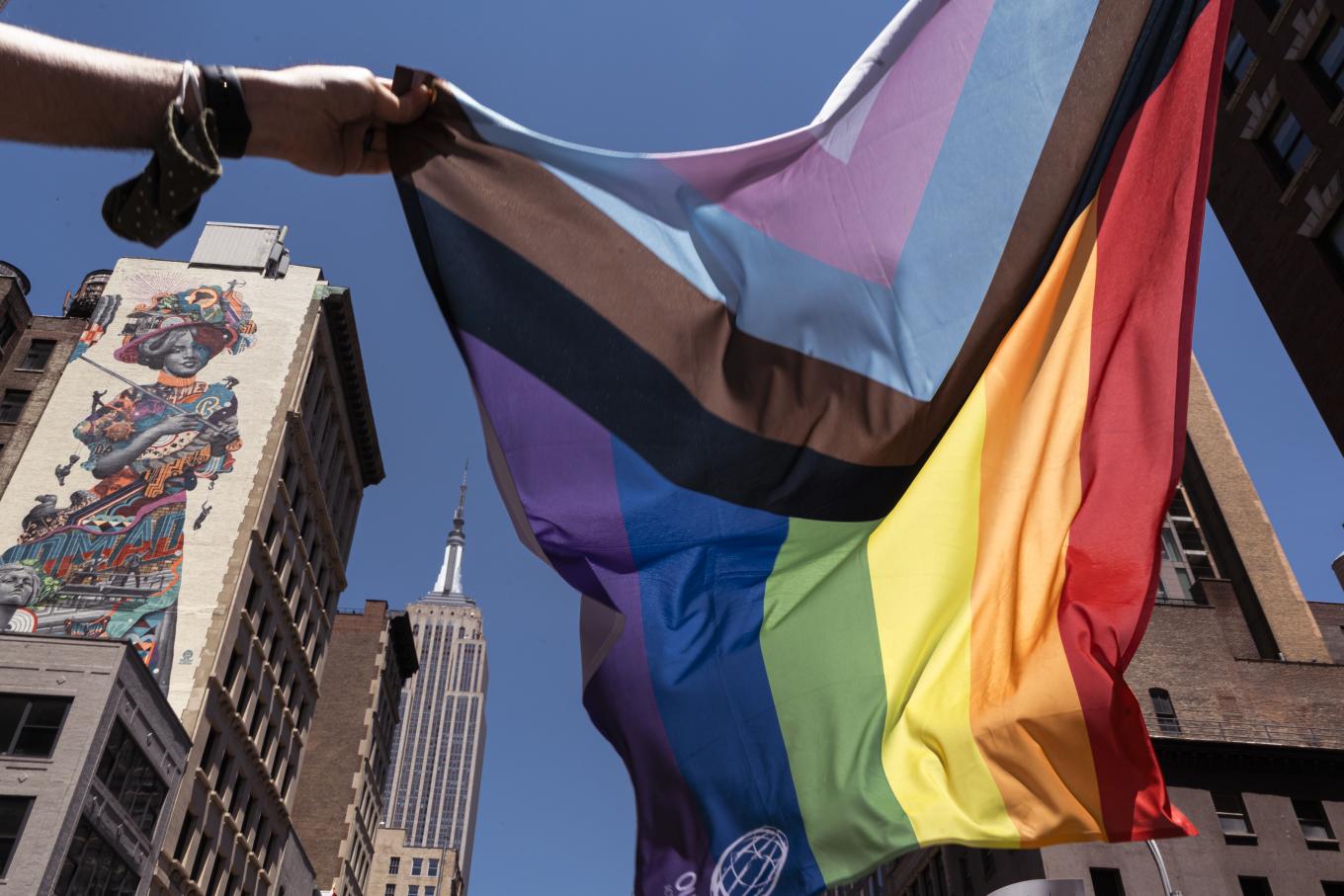
Country Overview
Kenya
At a glance
Same-sex Relations for Men Legal Throughout the Country?
Same-sex Relations for Women Legal Throughout the Country?
Legal Gender Recognition Possible?
LGBTI Orgs Able to Register?
View more for this country:
Notable progress has been made in the recognition of the human rights of LGBTIQ people in Kenya in the last decade, largely through victories in the courts. LGBTIQ organizations have been allowed to officially register, and it has become possible for transgender Kenyans to receive legal gender recognition. Forced anal examinations have also been ruled unconstitutional. In July 2019, Kenya became the first country in Africa to incorporate an intersex category into the national census. However, also in the same year, Kenya’s High Court upheld a colonial law criminalizing same-sex relations between consenting adults, claiming that the law is not discriminatory and would if abolished, open the door to same-sex marriage, which is unconstitutional in Kenya. LGBTIQ people are largely ostracized in Kenya and are often seen as mentally ill, immoral or un-African. Hate speech from politicians and religious leaders is prevalent and legitimizes violence and discrimination against LGBTIQ people. Hate crimes against LGBTIQ people, including mob violence, are common and, due to the continuing criminalization, can be perpetrated with impunity, as LGBTIQ people do not seek protection for fear of further victimization, outing or abuse at the hands of law enforcement. Although the law and judicial decisions now allow for the registration of LGBTIQ organizations, in practice, they are unable to register as such as the NGO Coordination Board has not complied with the law to date. In 2022, Kenya became the first African country to grant universal rights and recognition to intersex people.
Global Impact
Sub-Saharan Africa
Outright supports LGBTIQ organizations in Sub-Saharan Africa and works with mainstream human rights organizations to respect human rights and influence positive changes in laws, policies, attitudes and beliefs that cause discrimination against LGBTIQ people.
United Nations
Our work at the United Nations centers around advocating for the advancement of the rights of LGBTIQ people.
View this regionAsia
Our work in Asia promotes acceptance of sexual and gender diversity at all levels of society.
View this regionSouthwest Asia and North Africa
In the Southwest Asia and North Africa, we partner with local groups in various countries as part of our international solidarity work. We also work with our local partners on different topics through capacity building, advocacy, research and holistic security.
Europe and Central Asia
Outright International partners with activists to fight for an end to human rights violations based on sexual orientation, gender identity and gender expression in Europe and Central Asia, where most of our work involves emergency responses to harassment, discrimination, violence, and most recently, Russia’s brutal and expanded invasion of Ukraine.
Americas
Our work in the Americas continues to build on the fundamental and positive transformation of human rights protections in recent years. We partner with groups in the Caribbean that focus on ending gender-based violence and eradicating discrimination against trans people.
Pacific
Our work in the Pacific aims to increase the visibility of activists, respond to human rights emergencies, and actively bridge local, regional, and international activism to achieve equality and justice.
Global
View this region
Human Rights Research
Since 1990, we have partnered with activists from all over the world to produce hundreds of groundbreaking reports.
Read Our Reports